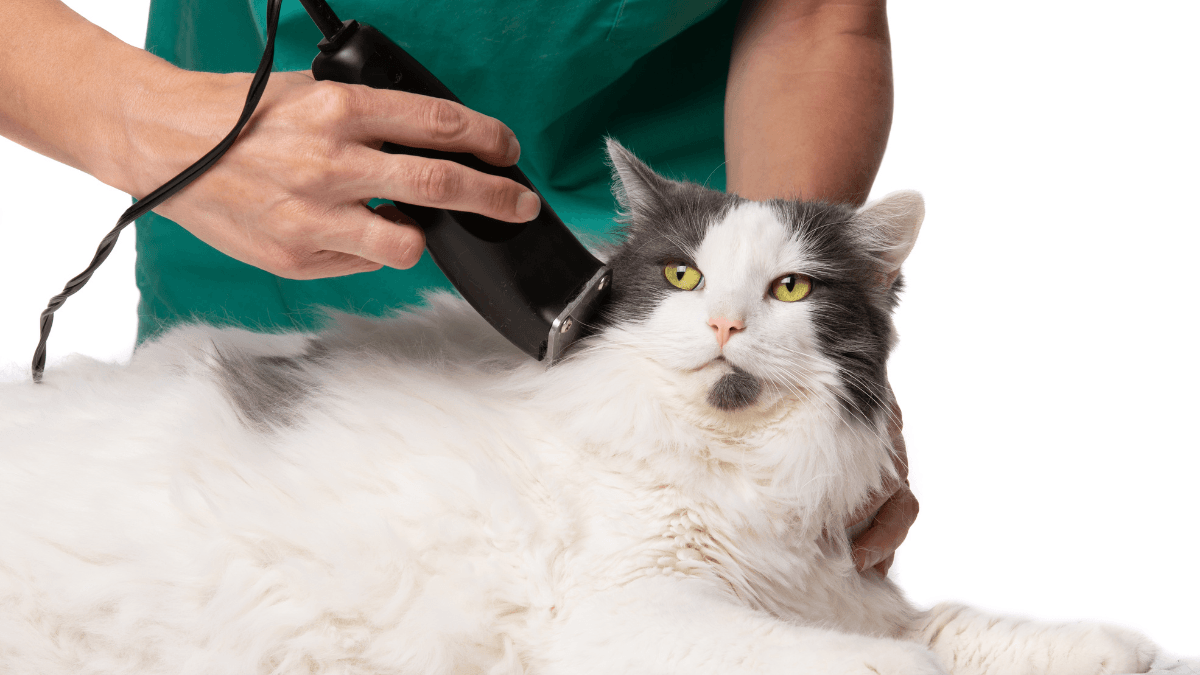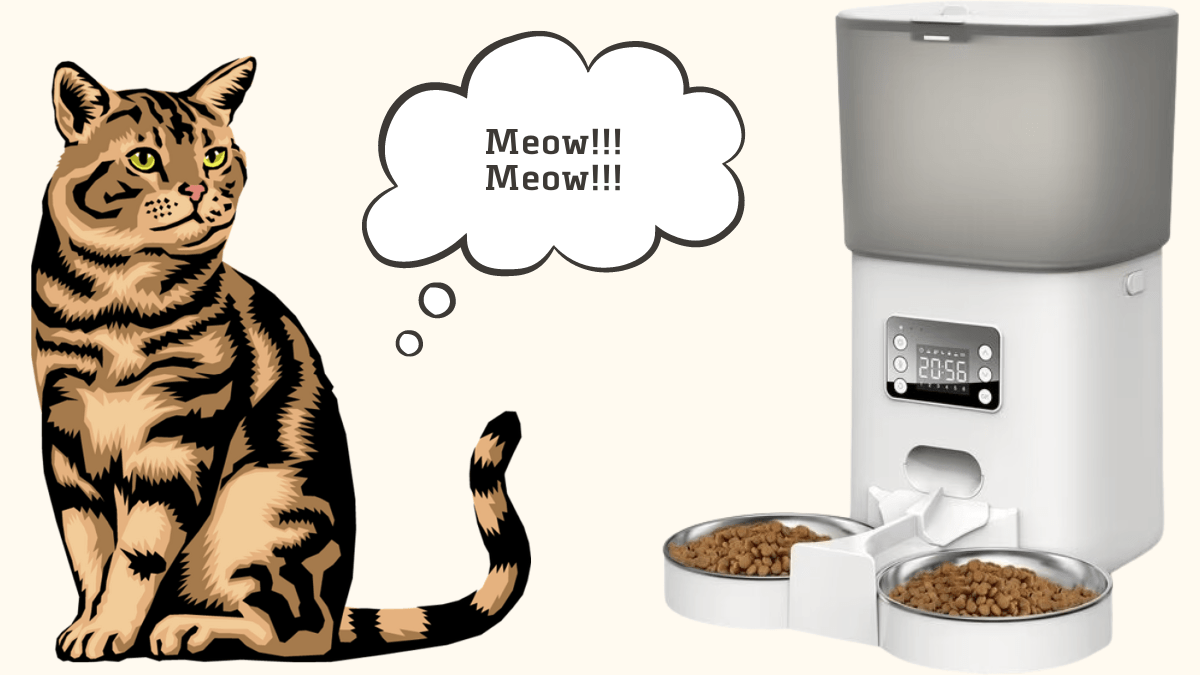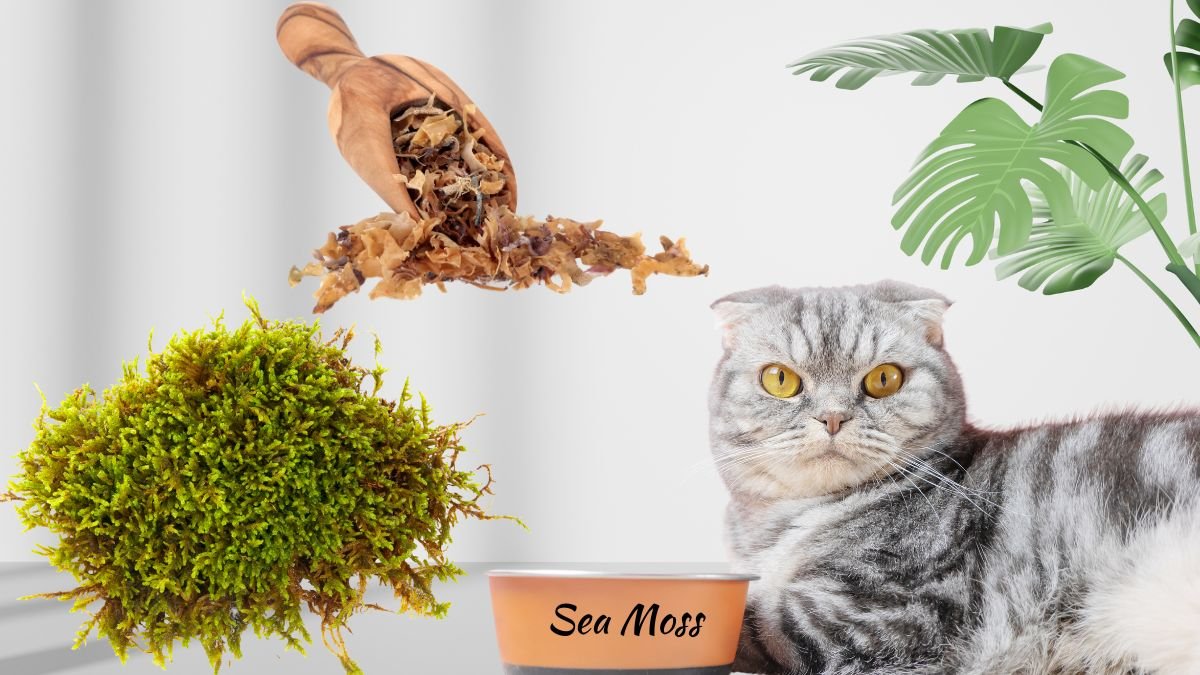
How to Take Proper Care of Your Cat During Vaccine Time?
Vaccines are the most important thing for all animals. If you are a cat owner, then you should be aware about vaccinating your cat. You should learn more before vaccinating your cat or kitten. Vaccination is basic and very important for your cat’s health. Vaccines will protect your cat from many diseases. There are many things that first-time cat owners should learn before vaccinating their cats. They should follow many rules for that. I will describe some important topics that they may need to follow, all recommended by the veterinarian.
Understanding the Importance of Cat Vaccination!

Why is cat vaccination and kitten vaccination necessary? Why should you vaccinate your cat on time? If you never vaccinate your cat, then what will be done? Many people become careless about vaccinating their cats. Every year, many new diseases and viruses specifically target animals. So, if you want to keep your cat and kitten safe from these viruses and diseases, then you should maintain the vaccination schedule. Otherwise, you could lose your cat forever. Many times, the disease never kills your cat, but it can cause significant harm. You may never fully recover it. Especially kittens need their vaccinations for good health. So, as a cat owner, you should be careful about it.
Are Cat Vaccinations Recommended by a Veterinarian?

Many people don’t know that vaccination is recommended by veterinarians. Not only by veterinarians, but also by the government. That’s why they miss this important thing. Many countries’ governments provide vaccines to random cats at government expense. I want to emphasize how important vaccination is! You should never overlook this important aspect of caring for your cat.
Know Vaccine Types
Many first-time cat owners don’t know about vaccine types. It is very easy to learn. There are many types of cat vaccinations, but I will share the most useful vaccines worldwide. Also, there are many types of vaccines based on age. Pay attention to the chart below. There are two types of vaccines: core and non-core.
Core vaccines:
- FHV-1 (Feline Herpesvirus-1)
- FCV (Feline Calicivirus)
- FPV (Feline Panleukopenia virus)
- Rabies
- FeLV (Feline Leukemia Virus) – recommended for cats older than 1 year
Non-core vaccines:
Non-core vaccines are optional and may vary depending on factors such as geographic location, lifestyle, and individual cat health. It’s important to discuss vaccination options with a veterinarian to determine the best plan for your cats.
Vaccine Timing and Schedule for Cats

What is the perfect time to vaccinate a kitten? For newborn kittens, there is a perfect time to vaccinate. Veterinarians recommend vaccinating at 6-8 weeks of age for the first time. A newborn kitten must receive a vaccine when it reaches 6-8 weeks of age. Never overlook important matters. Mark the date on your calendar.
Know the Cat Vaccine Schedule for All Cats
There is a perfect and permanent vaccine schedule for all cats and kittens. The schedule is provided by veterinarians. Every cat owner must follow the cat vaccine schedule. Here is the schedule for you:
- 6-8 weeks:
- Core: FVRCP vaccination and doctor examination
- Non-core: FeLV/FIV test
- 9-11 weeks:
- Core: FVRCP booster
- Non-core: FeLV/FIV boosters
- 12-14 weeks:
- Core: FVRCP booster
- Non-core: FeLV/FIV boosters
- 15-17 weeks:
- Core: FVRCP final booster and rabies vaccination
- Non-core: FeLV/FIV test
Monitoring Your Cat’s Health

After vaccinating your cat, you should always monitor your cat’s health. Sometimes, vaccines can cause health problems in cats. If there are any serious issues, take action immediately. So, always monitor your cat. Generally, vaccines do not cause problems. But in case of any issues, stay alert.
Keeping Vaccination Records Up-to-Date
This is an important task. It will help you vaccinate your cat on time. Record every activity. Note everything that is happening or what you are doing at that time.
Managing Vaccine Side Effects
Exploring the side effects of cat vaccinations. Many side effects can occur after vaccination. However, vaccines are not dangerous. Sometimes, not vaccinating your cat properly can cause many problems. Some common side effects include:
- Vomiting
- Hives
- Itching
- Diarrhea
- Facial swelling
- Breathing difficulties
What to Do If You Notice Any Side Effects?

Limit physical activity. After vaccinating your cat, reduce its physical activity. Let it rest for a while. It’s better to keep them indoors with you. After a few days, your cat can resume a normal life.
Maintaining a Healthy Environment
Ensure a healthy environment for your cat after vaccination. If your cat lives in a crowded environment, it may face many problems. So, it’s better to create a safe environment for your cat.
Being Observant for Long-Term Health Checks
Sometimes, vaccine side effects are not immediately noticeable. They can take a long time to appear, even up to a year. Therefore, observe your cat’s health in the long term. If you notice any problems, immediately consult a veterinarian or expert.










